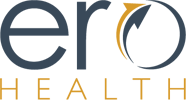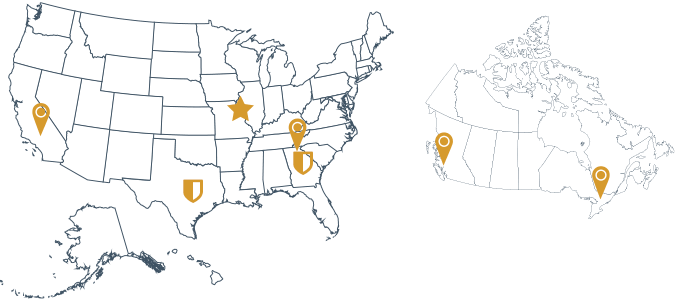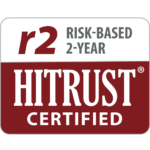
I have heard several leading tech entrepreneurs discuss “data” as the new currency in their industries. Does this concept hold true for healthcare?
Digital health is surely one of the biggest buzzwords over the last few years (along with AI, IOT etc.). Working in the day-to-day healthcare IT industry, watching the impact of the pandemic on the delivery of healthcare, reviewing the presentations from the annual JP Morgan Healthcare conference, and anecdotal evidence from my own team, I have to agree that data is emerging as the new “crude” in healthcare.
Crude, however, needs to be refined before its true value is recognized. Rapidly growing Medicare Advantage programs are one of the catalysts in “refining” this crude. The days of digging through medical records to find HEDIS numbers is long gone. Healthcare is rapidly moving into point of care, real-time treatment changes via intelligent tools that analyze patient data. The foundation for delivering better care is data. More importantly, data from all the stakeholders in a patient’s healthcare journey.
Well-funded models like Optum, Oak Street, Clover Health, understand the power of data and producing not only outcomes but real cost savings. As you may know, Optum Insight purchased Change Healthcare this month. Imagine the raw, “crude” data that the nation’s largest clearinghouse has on diagnosis, procedure, treatments, as well as financial information that can mine. Refining that data via the Optum Insight engines will set a new standard in the delivery of healthcare services.
The power of raw data may be the reason Digital health start-ups around the world attracted an estimated $24.1 billion in venture capital funding in 2020, 29% higher than the previous year and hitting a record in the third quarter, according to CB Insights.
In its virtual presentation at the JP Morgan conference, Cerner said it will create a billion-dollar data business in selling de-identified patient data to drug companies for real-world evidence research. That is an excellent example of refining “crude” as a business unit. Another example is K Health. The company just raised another round to further expand into the market. This model tracks billions of anonymized health events and uses AI to compare patients with similar characteristics. The telemedicine component provides real-time dialogue with a board-certified physician for diagnosis and treatment.
The healthcare industry had to learn some tough lessons with the pandemic. This includes recognizing the value of telemedicine, the importance of understanding social determinants of health, the gap in behavioral medicine treatments, and the resilience of our frontline health care workers. If physicians had better access to the raw “crude” within their practice, would we have been better prepared with predictive algorithms at the CDC and financial benchmarks that could have allowed them to course-correct faster?
We now understand that in 2020, virtual visits, remote monitoring, and patient-engagement tools reduced the number of people with onsite visits to their physician’s clinics. New data from Frost & Sullivan predict one in three patient interactions will be virtual in 2021, with an expected 20–25% growth in patient engagement management solutions. Data populated directly by the patient will increase the need to store and refine this new crude.
Will mining and refining data bend the curve with the ever-escalating cost of healthcare (value-based care)? I hope so. As a healthcare consultant north of 50, I am very concerned with the population trends related to chronic disease. Projections from the JP Morgan conference last week cited that by 2030, one billion of the world’s population will be over 65 and diabetes will have exploded by 5x. One out of four people worldwide now have hypertension. Not a pleasant view for the next 10 years.
Data may be the new “crude” in healthcare, but it is up to us to the healthcare industry to harness it and securely use it to improve the quality of care. Amazon and Walmart understand this. They are experts in data privacy, cybersecurity, and monetizing disruption. Time for all of us to get on board or be left behind.


